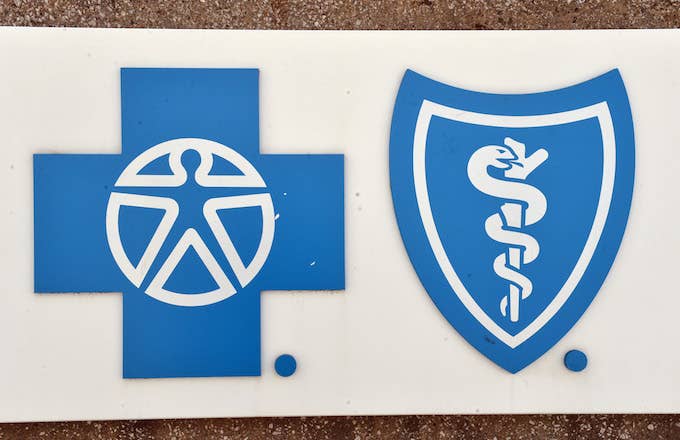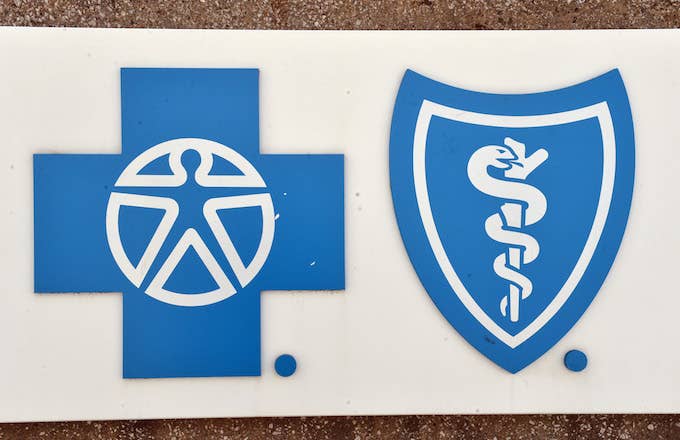
A report published by Blue Cross Blue Shield on Wednesday claims that a growing number of health problems have befallen millennials which is projected to lead to increasing healthcare costs, and potentially, a higher death rate.
From 2014 to 2017, rates for depression among millennials skyrocketed 31 percent while hypertension increased by 16 percent and hyperactivity jumped nearly 30 percent. "Millennials are seeing their health decline faster than the previous generation as they age," the report reads. "This extends to both physical health conditions, such as hypertension and high cholesterol, and behavioral health conditions, such as major depression and hyperactivity. Without intervention, millennials could feasibly see mortality rates climb up by more than 40% compared to Gen-Xers at the same age."
Given the growth in health problems, Blue Cross Blue Shield suggests that millennials could eventually result in slower economic growth because if the number of individuals in this age group are getting sicker, they are more likely to take off more days, or miss work altogether. "Poorer health among millennials will keep them from contributing as much to the economy as they otherwise would, manifesting itself through higher unemployment and slower income growth," the report reads.
A spike in health problems among millennials, which is comprised of those people born from 1981 to 1996, could also eventually lead to growing medical costs that could climb to as much as 33 percent compared to the previous age group, Generation X. "Under the most adverse set of projections, lower levels of health alone could cost millennials more than $4,500 per year in real per-capita incomes compared to similarly aged Gen-Xers," the report says. "Such impacts would be most likely concentrated in areas already struggling economically, potentially exacerbating instances of income inequality and contributing to a vicious cycle of even greater prevalence of behavioral health conditions."
Head here to check out the full report.

